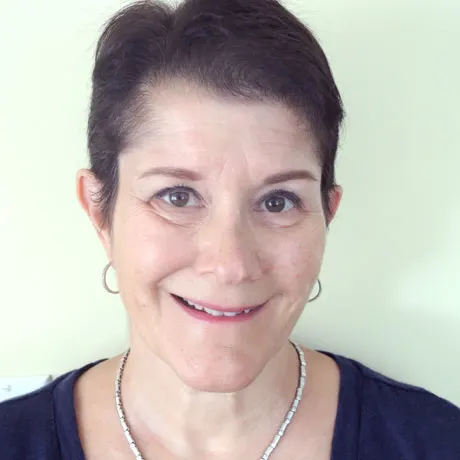Not too late: A high school IEP for my daughter
When you hear the term Individualized Education Program (IEP) you might automatically think of a young child. I know I did — until, that is, I stood by my daughter as she received her first IEP at the beginning of high school.
As a young girl, my daughter had been tested by a neuropsychologist twice. The results of those tests didn’t reveal an absolute diagnosis. But they did show that she had scattered skills that needed attention. We tried our best to work with her school to build those skills.
However, it wasn’t until she was in eighth grade that we were confronted with a choice — either have her tested again to see if she needed school services or drop the notion of completely.
My daughter insisted that something was wrong. She wanted to be tested again and I said yes. I’m glad I did — the third time was a charm. After testing, the neuropsychologist literally told me to hold on to my seat. “She has,” he told me, “, , and an .”
I was so relieved that I wanted to cry. It was the first time everything I’d thought could be true was actually validated. After years of feeling like we weren’t capable of providing her with the help she needed to reach her full potential (as a mother, this made me sick!) we finally learned that it was time to try medication to help her with attention and concentration. I admit that I wasn’t totally ready for this or even convinced it would work. But once the medication kicked in, the difference in her behavior was remarkable.
Once I had the neuropsychology report, I expected the school district to provide the services the doctor recommended. I was in for quite a shock. Despite the report, we still had to advocate for services we knew were necessary for her success. We eventually hired a lawyer to represent my daughter. With the lawyer’s help, we got an IEP for her.
Even though my daughter’s IEP was tailor-made for her needs, it wasn’t perfect at the start. She benefited from 95 percent of the help she received, but some of the instruction provided was not useful. That’s when her relationships with her teachers started to matter in ways that they hadn’t before.
She started working closely with one particular special education teacher. This teacher enabled my daughter to learn to deal with academic material in a different way than she had in the past. Over time, I began to see shifts in her self-confidence and self-esteem. My daughter’s bond with the teacher lasted for years, throughout high school and into college.
Getting an IEP at this late stage meant that my daughter was old enough to go to her IEP meetings and play a role in determining what her needs were. She learned how to advocate for herself. The process was slow and painful at first, but ultimately she became a powerhouse that school administrators respected.
The bottom line is this: It’s never too late to get help for your child. Take it from me. I’ve been there.


